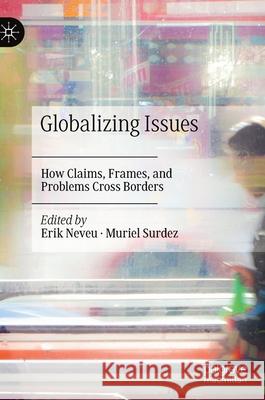Globalizing Issues: How Claims, Frames, and Problems Cross Borders » książka
topmenu
Globalizing Issues: How Claims, Frames, and Problems Cross Borders
ISBN-13: 9783030520434 / Angielski / Twarda / 2020 / 357 str.
Globalizing Issues: How Claims, Frames, and Problems Cross Borders
ISBN-13: 9783030520434 / Angielski / Twarda / 2020 / 357 str.
cena 523,30
(netto: 498,38 VAT: 5%)
Najniższa cena z 30 dni: 501,19
(netto: 498,38 VAT: 5%)
Najniższa cena z 30 dni: 501,19
Termin realizacji zamówienia:
ok. 16-18 dni roboczych.
ok. 16-18 dni roboczych.
Darmowa dostawa!
Kategorie:
Kategorie BISAC:
Wydawca:
Palgrave MacMillan
Język:
Angielski
ISBN-13:
9783030520434
Rok wydania:
2020
Wydanie:
2020
Ilość stron:
357
Waga:
0.60 kg
Wymiary:
21.01 x 14.81 x 2.24
Oprawa:
Twarda
Wolumenów:
01
Dodatkowe informacje:
Wydanie ilustrowane











